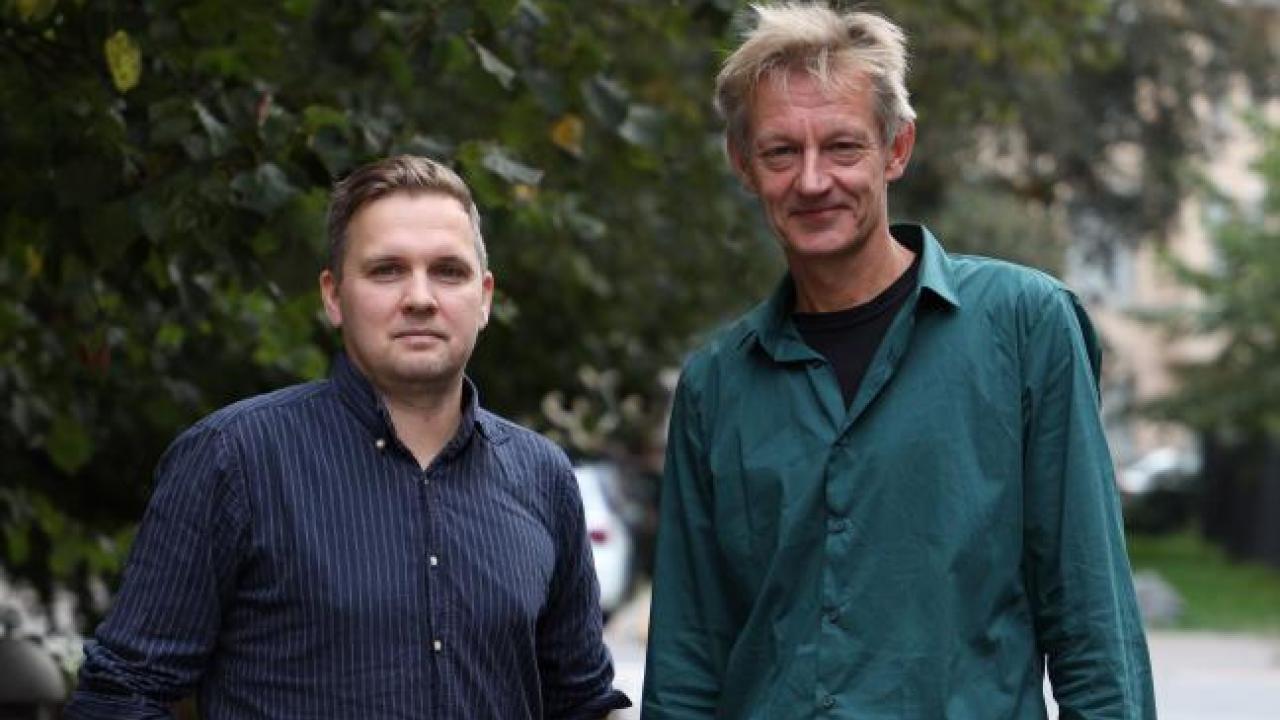Research project: The corporation as a political actor

The campaign #ykkösketjuun was calling for a Finnish law on mandatory human rights due diligence. Through the campaign, the project Political Action of Corporate Social Responsibility (PAROL) is investigating why Finnish companies engage in political action for binding legislation on corporate social responsibility (CSR).
The campaign was done as a run up for the general election in Finland in 2019 in cooperation between corporations, civil society organisations and trade unions, among others, says Nikodemus Solitander, a postdoctoral researcher in Supply Chain Management and Social Responsibility and one of the researchers in the project.
– Many of the big Finnish companies were involved in the campaign; Fazer, Finlayson, Coca Cola Finland among others. Why do companies engage in a campaign that calls for a stricter regulation for themselves? This is what we are studying in the project, he says.
Solitander finds it interesting to view the intersection between politics and CSR, and how companies increasingly take on a political role. He has a long background in studying corporate social responsibility, and he is also the Director of the Centre for Corporate Responsibility (CCR), which is a joint research institute between Hanken and the University of Helsinki, where they are conducting research around CSR and corporate political activity (CPA). According to Solitander, corporations have always been political, for example through lobbying.
– Corporations are not apolitical, they have never been, but many people of the public might see them as apolitical and more from a “business is business” kind of view. I think there is a scientific value in treating them as political actors, to understand their behaviour through political frameworks, says Solitander.
Binding legislation in contrast to being voluntary
Project leader for the PAROL project is Frank den Hond, professor in Management and Organization. He has had an interest in CSR matters for a long time and according to him, corporate social responsibility traditionally has been viewed as something that is a voluntary activity for companies. This makes this project particularly interesting, he says.
– It is in a way remarkable that a number of companies sign up to a campaign in order to lobby for binding legislation in terms of CSR. Because that goes counter to this original idea, of CSR as a voluntary activity.
Academy of Finland granted the four-year project 480 000 euros earlier this year. The project is connected to one of Hanken’s Areas of Strength, which is Responsible Organising.
This project will give a deeper understanding of why the companies were involved in the campaign, say the researchers. According to Solitander and den Hond, these topics are quite new in the research literature of CSR and CPA. By studying this campaign and the actors involved in it, the researchers will be able to improve and modify the theories about political CSR and CPA.
– We can also assume that we would be able to write some sort of best practice stories, or good examples and possibilities on how companies can operate when it comes to human rights in corporate social responsibility. And that is going to be one sort of benefit, says den Hond.

